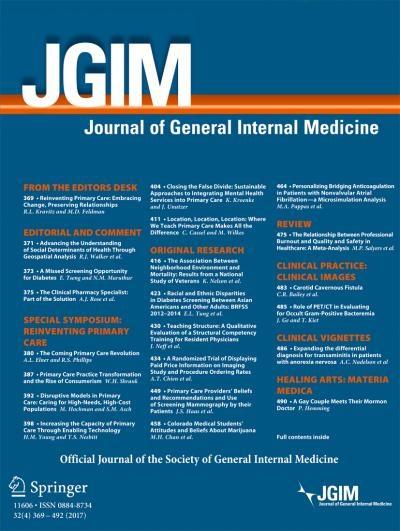Care transition interventions can be difficult to successfully implement, but using an evidence-based framework to incorporate stakeholder feedback can help identify barriers to effectiveness, adoption, and scalability. This study focuses on the development, implementation, and evaluation of the Addressing Complex Transitions (ACT) program, a six-month pilot that aimed to improve care transitions for complex patients in the University of Washington Medicine Health System. This pilot intervention was developed using the Medical Research Council framework to incorporate stakeholder needs in program design.
The nearly 100 complex patients enrolled in the ACT program were estimated to have 664 fewer hospital days. ACT program participants also had significantly less emergency department and hospital encounters, inpatient days, and admissions in the six months following enrollment compared to the six months prior. The average financial impact was an estimated savings of nearly $27,000 per patient.
The key components of this intervention included a targeted needs assessment, which involved continually engaging key stakeholders to determine gaps and target metrics; a comprehensive screening tool; collaborations with post-acute care settings and community-based resources such as respite centers; and an interdisciplinary complex discharge team. Health systems and other interested stakeholders should adapt these lessons to their particular needs and stakeholders.


